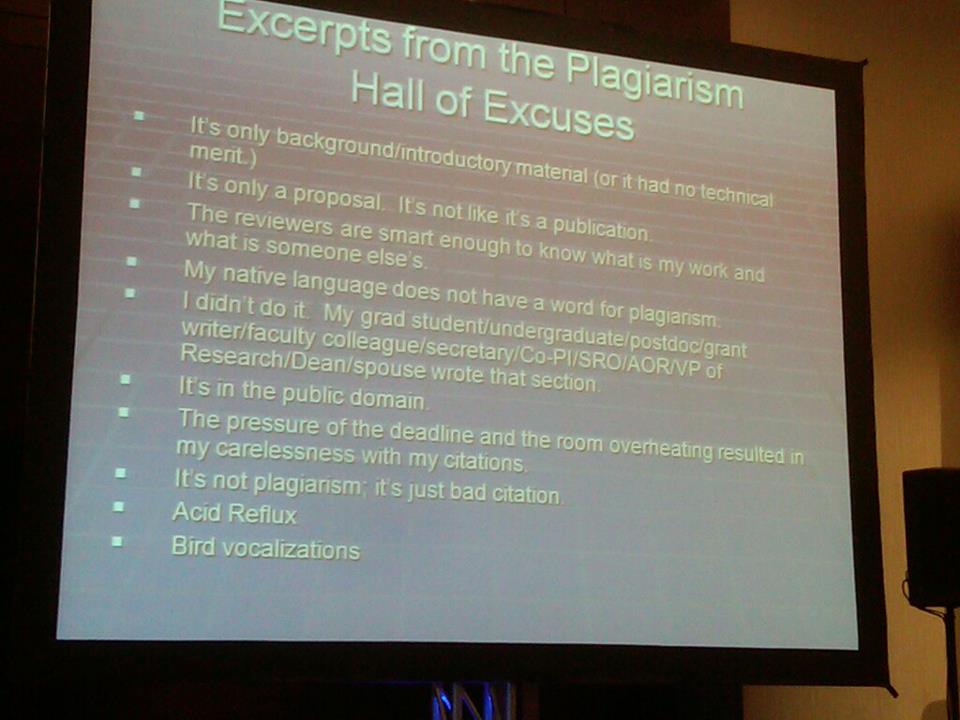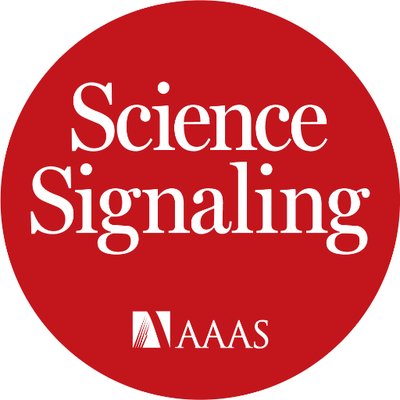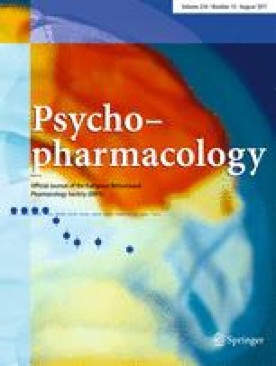A Springer Nature journal has retracted a paper on hepatitis C infection it had previously corrected for problematic data – but in between the editors declared the case closed.
The paper, “The interaction between microRNA-152 and DNA methyltransferase-1 as an epigenetic prognostic biomarker in HCV-induced liver cirrhosis and HCC patients,” was published in July 2019 in Cancer Gene Therapy. The authors were affiliated with Al-Azhar University, in Cairo, and the Ministry of Scientific Research, in Gizah, Egypt.
Some two years later, Alexander Magazinov – a data sleuth about whom we’ve written before – posted concerns on PubPeer about the article and three other papers by members of the group.
Continue reading February: ‘we don’t agree there is an issue here.’ June: Retracted.








